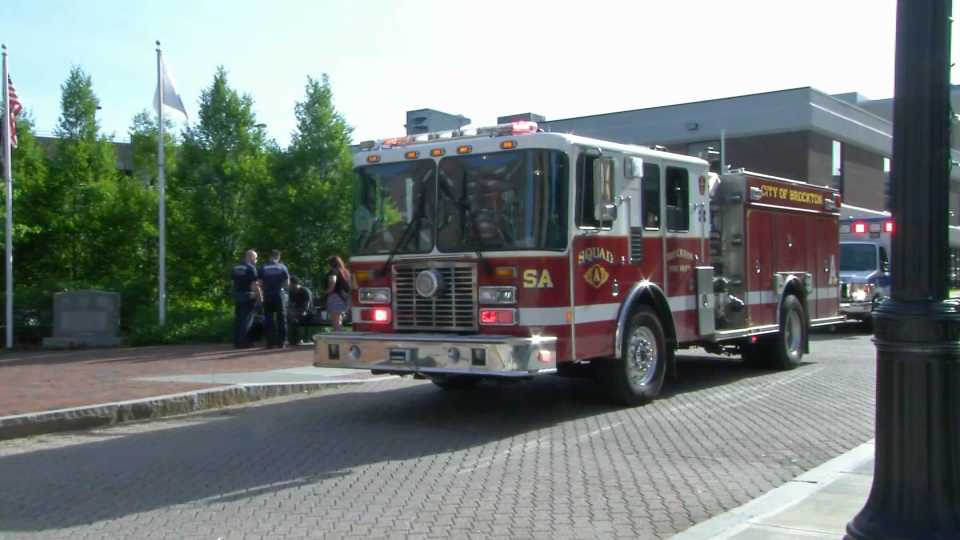Jurors began deliberations Friday in the trial of a former executive charged in a 2012 U.S. meningitis outbreak that killed 64 people and injured about 700 others in 20 states.
No verdict was reached Friday, and the jury will return to court on Monday morning.
Barry Cadden, the co-founder and former president of the New England Compounding Center, is charged in a massive racketeering indictment with second-degree murder in the deaths of 25 people, as well as fraud and other charges.
During closing arguments on Thursday, Assistant U.S. Attorney Amanda Strachan told the jury that Cadden ran the company in an "extraordinarily dangerous" way, leading to contaminated steroids being shipped around the country, where doctors - trusting they were safe - injected them into patients who then became sick or died.
"It was preventable, but it happened because this man - Barry Cadden - decided to put profits before patients," Strachan said.
She said Cadden cut corners and failed to follow industry regulations for cleanliness and sterility in the so-called "clean rooms" at NECC, where drugs were manufactured. She said NECC did not sterilize drugs long enough, didn't test large enough samples and shipped out drugs before receiving the results of sterility tests.
Cadden's lawyer, Bruce Singal, told jurors that Cadden is not responsible for the deaths.
Local
In-depth news coverage of the Greater Boston Area.
"As horrible as each of these stories is, there is nothing that shows that Mr. Cadden did something that the government can link to the death of that person," Singal said.
Singal said Glenn Chin, the supervisory pharmacist, was responsible for the day-to-day operations in the clean rooms and repeatedly allowed employees to cut corners, going against instructions from Cadden to "do it right." Chinn, who faces similar charges, is expected to go on trial after Cadden. He has pleaded not guilty.
Singal said prosecutors have "massively piled on" and appealed to the jurors' emotions to try to convict Cadden of murder.
"This is indeed a tragic death case, but it is not a murder case, and there is a big, big difference between the two," Singal said.



